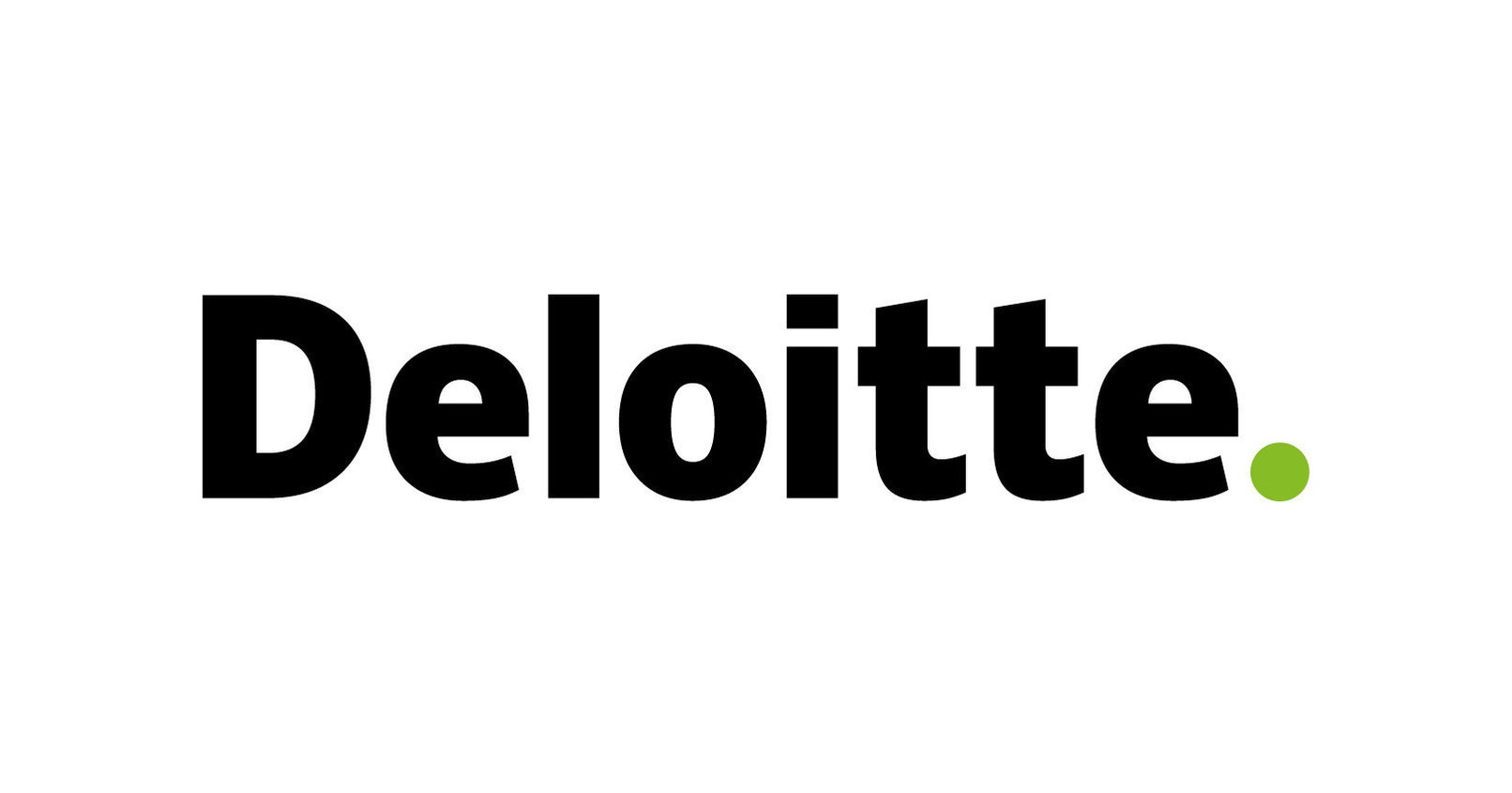
Deloitte’s 2023 Health Care Consumer Survey reveals a prevalent consumer belief in the transformative power of generative AI within healthcare, with over 70% acknowledging its potential to revolutionize delivery. Notably, health-related concerns drive users to explore its capabilities, fostering optimism and trust in the information provided. Transparency emerges as a critical concern, while disparities between insured and uninsured users underscore the technology’s potential in addressing healthcare accessibility. Embracing consumer optimism around generative AI presents an opportunity for healthcare entities to reshape patient experiences, improve outcomes, and streamline operations, necessitating robust governance for its successful integration.
The 2023 Deloitte Health Care Consumer Survey unveils a prevailing sentiment among consumers, highlighting their enthusiastic outlook on the potential of generative AI in reshaping the healthcare landscape. With health concerns serving as a key driver, users exhibit a growing reliance on AI tools for diverse medical inquiries. However, transparency and disparities between insured and uninsured individuals regarding the technology’s efficacy underscore critical considerations for its integration. Harnessing this consumer optimism presents a unique opportunity for healthcare organizations to leverage generative AI, redefining patient experiences, improving outcomes, and optimizing operational efficiencies.
Deloitte’s 2023 Health Care Consumer Survey recently unveiled a significant trend: a burgeoning belief among consumers in the transformative potential of generative AI is revolutionizing healthcare delivery. This groundbreaking insight, obtained from a comprehensive survey of 2,014 adults across the United States, conducted by Deloitte’s Center for Health Solutions, sheds light on consumers’ concerns regarding escalating healthcare costs and their aspirations for improved access and affordability.
While the survey revealed that only 48 percent of respondents currently utilize generative AI, a striking 84 percent are familiar with the technology. Notably, health-related concerns emerged as a pivotal motivator for those leveraging generative AI tools. Individuals who incorporated these tools into health-related inquiries expressed multifaceted usage: from seeking information on medical conditions and treatment options to understanding technical medical language and enhancing overall well-being.
Of significance, nearly 69 percent of users found the information provided by generative AI to be highly reliable, indicating a growing trust in its capabilities. Moreover, this cohort displayed remarkable optimism, with over 70 percent believing in the technology’s potential to revolutionize healthcare delivery compared to 50 percent of non-users.
“Asif Dhar, MD, vice chair and US life sciences and healthcare industry leader at Deloitte LLP, highlighted consumers’ perspective, acknowledging the potential of Generative AI to mitigate costs, expand access, and enhance well-being in healthcare. He emphasized the significance of consumer insights in shaping the adoption roadmap and industry implementation for the benefit of all stakeholders involved.”
However, amidst this optimism, transparency emerged as a critical factor for consumers. While they exhibited comfort in clinicians utilizing generative AI for providing information and reviewing lab results, there was hesitancy concerning its direct use in care decisions such as diagnosis, triage, and treatment planning. A staggering 80 percent emphasized the importance of being informed when generative AI is employed in their care.
Bill Fera, MD, principal at Deloitte Consulting LLP, emphasized the need for a robust governance framework to ensure trust and sustainability in leveraging Generative AI’s potential in healthcare transformation.
Furthermore, the survey delineated disparities between insured and uninsured individuals in their utilization and perceptions of generative AI. Uninsured respondents demonstrated a greater inclination towards leveraging generative AI for accessing healthcare, particularly in mental health support, finding suitable healthcare providers, and identifying appropriate care sites. Surprisingly, they also displayed higher comfort levels in sharing health information with AI tools and emphasized the importance of diverse input in information generation.
However, the study highlighted a gap in perception regarding the usefulness of generative AI information, with only 33 percent of uninsured respondents finding it helpful compared to 51 percent of insured respondents.
The survey’s overarching message for healthcare organizations and life sciences companies is clear: there exists an opportunity to harness consumers’ optimism regarding generative AI to revolutionize patient experiences, enhance outcomes, and drive operational efficiencies.
Overall, Deloitte’s survey accentuates the pivotal role of consumer perception in envisaging generative AI’s transformative impact on healthcare. While optimism prevails, the necessity for transparent implementation and addressing disparities between insured and uninsured users emerges as crucial aspects. Healthcare entities stand poised to capitalize on this optimism by incorporating robust governance measures, unlocking the potential to reshape patient journeys, enhance outcomes, and streamline operations. Embracing and navigating consumer sentiment regarding generative AI will be fundamental in propelling healthcare toward a more accessible, efficient, and patient-centric future.

